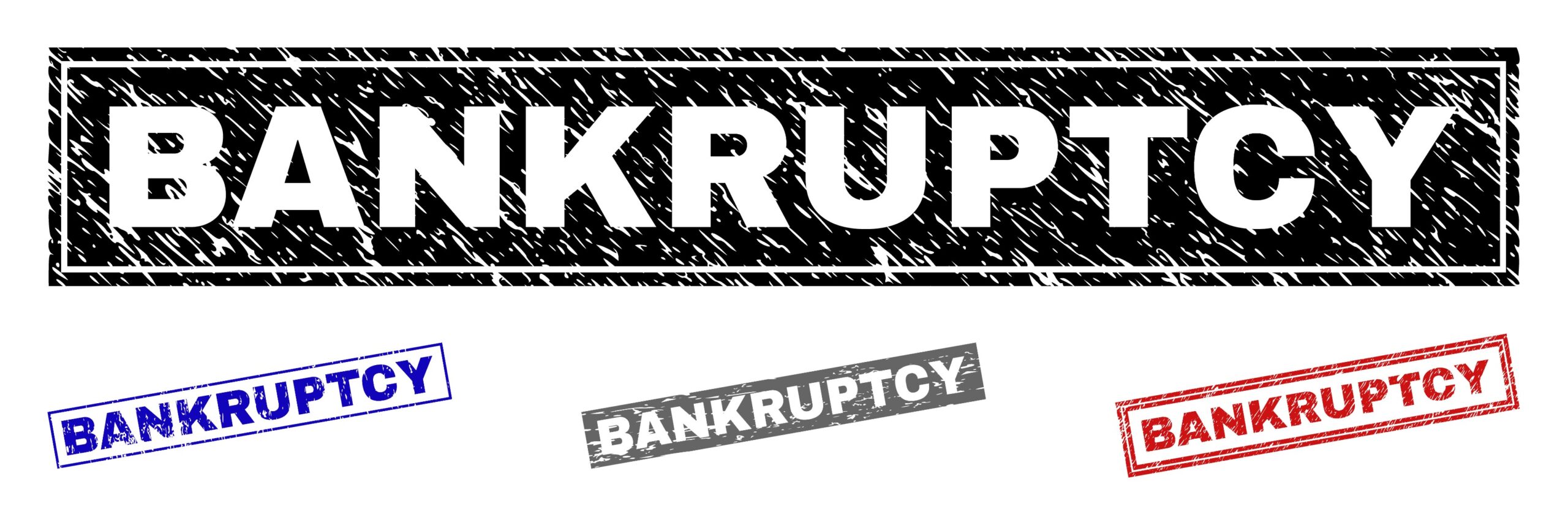Understanding some of the Chapter 7 Bankruptcy Basics make the process easier to get through. If you find yourself unable to pay your debts, filing for Chapter 7 bankruptcy might be a solution worth considering. This form of bankruptcy, also dubbed a liquidation bankruptcy, concerns the sale of assets by a trustee. The money from these sales is used towards eliminating your debts. Chapter 7 is designed to give you a fresh start by wiping out most of your debts.
Eligibility for Chapter 7 Bankruptcy
To qualify for Chapter 7, you have to pass a means test, which makes a comparison of your income to the median income of a household similar to yours. If your income is below this median, you qualify. If your income is above, you might still qualify based on your financial obligations. It’s important to accurately assess your income and expenses when considering this option.
The Filing Process
Filing for Chapter 7 bankruptcy starts with preparing a petition and other forms that describe your financial status. These documents include information about your debts, assets, income, and expenses. You will need to gather financial documents such as tax returns, pay stubs, loan documents, and property records. Once you file these documents with the bankruptcy court, an “automatic stay” goes into effect. This stay prevents creditors from collecting debts from you during the bankruptcy process.
Role of the Bankruptcy Trustee
When you file for Chapter 7, the court assigns a trustee to your case. The trustee’s role is to review your financial disclosures, sell assets that are not exempt from sale, and distribute the proceeds to your creditors. The trustee also conducts a meeting of creditors, known as the “341 meeting,” where creditors can ask you questions about your finances and the filed documents.
Exempt and Non-Exempt Assets
Most of your assets in a chapter 7 are exempt. Assets known as “exempt” are protected. The exemptions often include items like your home, car (up to a certain value), household goods, and retirement accounts. Non-exempt assets, which might be sold, typically include second homes, expensive musical instruments (unless you’re a professional musician), and stock investments that are not part of a normal retirement account.
Life After Bankruptcy
After you file the case, most of your debts are discharged. This means you are no longer legally required to pay them. However, some types of debts are not discharged in Chapter 7 bankruptcy. These include student loans, child support and alimony payments, and debts incurred through fraud.
Rebuilding Your Financial Life
Rebuilding your financial life after bankruptcy is crucial. Start by setting a budget, keeping track of your income and spending, and saving money. Consider using secured credit cards and small installment loans to rebuild your credit. Always make sure you make payments on time to build a positive credit history. Once you file its going to surprise you that many creditors will reach out to you for business. They do this because once you file you cant file again for 8 years. They realize that if you default again there nothing you can do to get out of the debt. Take this time to be careful and avoid the impulse to go to far in debt again.
Considerations Before Filing
While Chapter 7 can provide relief and is a great option, it’s not right for everyone. Think about the types of debts you have, as bankruptcy does not clear all kinds of debt. Be careful not to transfer any assets before you file as this can create a problem if done wrong. Once you decide to file be careful about what debts you pay before you file being careful not to prefer paying one creditor over another. Also, consider the impact on your credit and the emotional effect of going through bankruptcy. It’s a process, and understanding some of the Chapter 7 Bankruptcy Basics before filing is important.
Tulsa County Bankruptcy Attorney
Knowing the Chapter 7 bankruptcy basics allows you to sleep just a little better. Bankruptcy offers a way out for those overwhelmed by debt. Its does this by allowing you to start anew financially. Understanding the process, its consequences, and the work needed to rebuild financial stability can help you decide if it’s the right path for you. If you’re considering bankruptcy, consider speaking with a Tulsa bankruptcy lawyer. A bankruptcy lawyer can guide you through the process. To learn more, contact Tulsa County Lawyers Group by calling (918) 379-4864 or contacting us online for a consultation. Get the fresh start you deserve.

